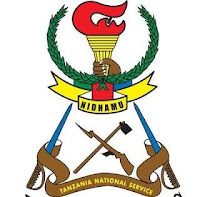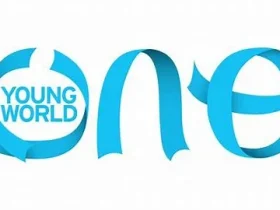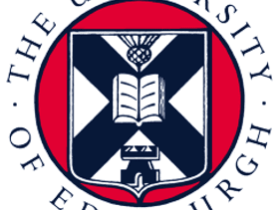VIEW ALL HESLB NAMES AND ALL UPDATES THROUGH>>>
A local non-governmental organisation, Tanzania Social Support Foundation (TSSF), has opened an application window for higher education students to apply for soft loans to finance their studies in the academic year 2017/18.
In Summary
- The move brings hope to students, who have not accessed loans from the Higher Education Students’ Loans Board (Helsb) in the same academic year.
Dar es Salaam. A local non-governmental organisation, Tanzania Social Support Foundation (TSSF), has opened an application window for higher education students to apply for soft loans to finance their studies in the academic year 2017/18.
The move brings hope to students, who have not accessed loans from the Higher Education Students’ Loans Board (Helsb) in the same academic year.
Read: CLICK HERE ON HOW TO APPLY AND APPLY NOW
In an advert by TSSF’s department of Higher Education Fund (HEF) on Wednesday, November 1, 2017, the loan covers ordinary and advanced diplomas as well as undergraduate degrees in an accredited higher learning institution within the United Republic of Tanzania.
“We issue basic education and supplement loans, which cover tuition fee, meals and accommodation, books and stationery at an interest of 9 per cent to be deducted from the beneficiary’s salary,” reads part of a statement signed by TSSF director general Donati Salla.
According to loan criteria, an applicant must be an employee (either in formal or self-employment) or having a guarantor, who is formally employed by a credible institution. The deadline for applications is November 30, this year.
Read: CLICK HERE TO READ ABOUT HESLB BACTH-3 UPDATES
Then, the applicants have to apply in a prescribed form accompanied by relevant attachments that are capable of evidencing the needy situation of the applicant in question.
In the application form, applicants are required to attach copies of academic awards such as Advanced Certificate of Secondary Education Examination (ACSEE), Certificate of Secondary Education (CSEE) diploma certificates and provisional academic results for continuing students.
Others are an introducing letter from local government authorities or the dean of students in case of continuing students, a death certificate for an orphan (if any) and a medical examination report from the regional or district medical officer for disability status.







